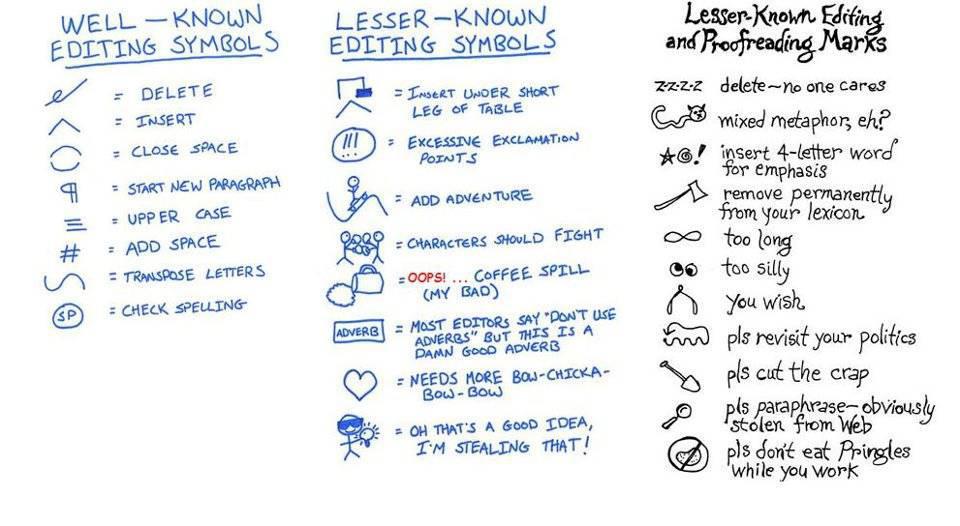 So this is interesting. US actor Alec Baldwin has just had his biography, Nevertheless: A Memoir, published with HarperCollins. He’s done something smart, which is to create a Facebook page for the book to host the communinty of fans and as a platform on which to host additional content and an insight into the story behind the book itself. So far so smart-content-marketing-strategy.
So this is interesting. US actor Alec Baldwin has just had his biography, Nevertheless: A Memoir, published with HarperCollins. He’s done something smart, which is to create a Facebook page for the book to host the communinty of fans and as a platform on which to host additional content and an insight into the story behind the book itself. So far so smart-content-marketing-strategy.
But he used the first post on the page to complain:
‘The published edition contains SEVERAL typos and errors which I was more than a little surprised to see. The editors at Harper Collins were, I imagine, too busy to do a proper and forensic edit of the material. Therefore, the first posting here, in the coming weeks, will be an index of corrections and amendments to the text in order to bring it more in line with my original intent.’
My first thought was that this is a sign of the publishing times: when margins are tight, copy-editing is often the first thing to suffer. It’s a sad fact of life but if a book has been superbly copy-edited it won’t earn a dime more than if it had simply had ‘good-enough’ copy-editing. And there’s a law of diminishing returns with copy-editing and proofreading in any case: the Pareto principles holds true, 20% of the effort catches 80% of the errors, and you’re then on an exponential curve of effort expended in an effort to capture the remaining errors which could drive you insane if you let it.
So although I felt for Baldwin – all authors want their book to be perfect, of course – I also had some sympathy with HarperCollins for taking a pragmatic approach.
On looking more closely, though, I suspect that the issue lies squarely with the author rather than the copy-editor. Baldwin posts his first ‘correction’:
‘When I write that I am “in love” with Megan Mulalley or Kate McKinnon or Tina Fey, I mean that I am in love with their talent. As a happily married man who wants to stay that way (ahem), I wanted to clarify that.’
But, Mr Baldwin, with respect, you obviously wrote that you were ‘in love’ with them. And you didn’t amend that when you got the revised manuscript back from the copy-editor, nor when you saw the first proofs, or the revised proofs after that. This is neither a typo nor an error. There’s nothing grammatically incorrect here, no infelicity of language. And it’s a fairly standard bit of actorly hyperbole. Is it really reasonable to expect the copy-editor to give you marital advice?
Unless this was deliberately changed by the copy-editor (in which case the change would have had to be approved by the author in any case), this looks more like a case of the author regretting his choice of words than a publisher’s error. Which is annoying, because I happen to believe copy-editing DOES matter, and I don’t like it when authors blame and shame copy-editors or indeed publishers without good reason.
Editors should correct errors, of course, and they should also give advice and make suggestions where they think there might be issues of ambiguity, legality, cultural misunderstandings and so on. But I don’t see any of that here. I’ll be interested to see what other ‘typos and errors’ he addresses in future, and whether his public traducing of HarperCollins is in fact merited or not. Right now, I’m unconvinced.
